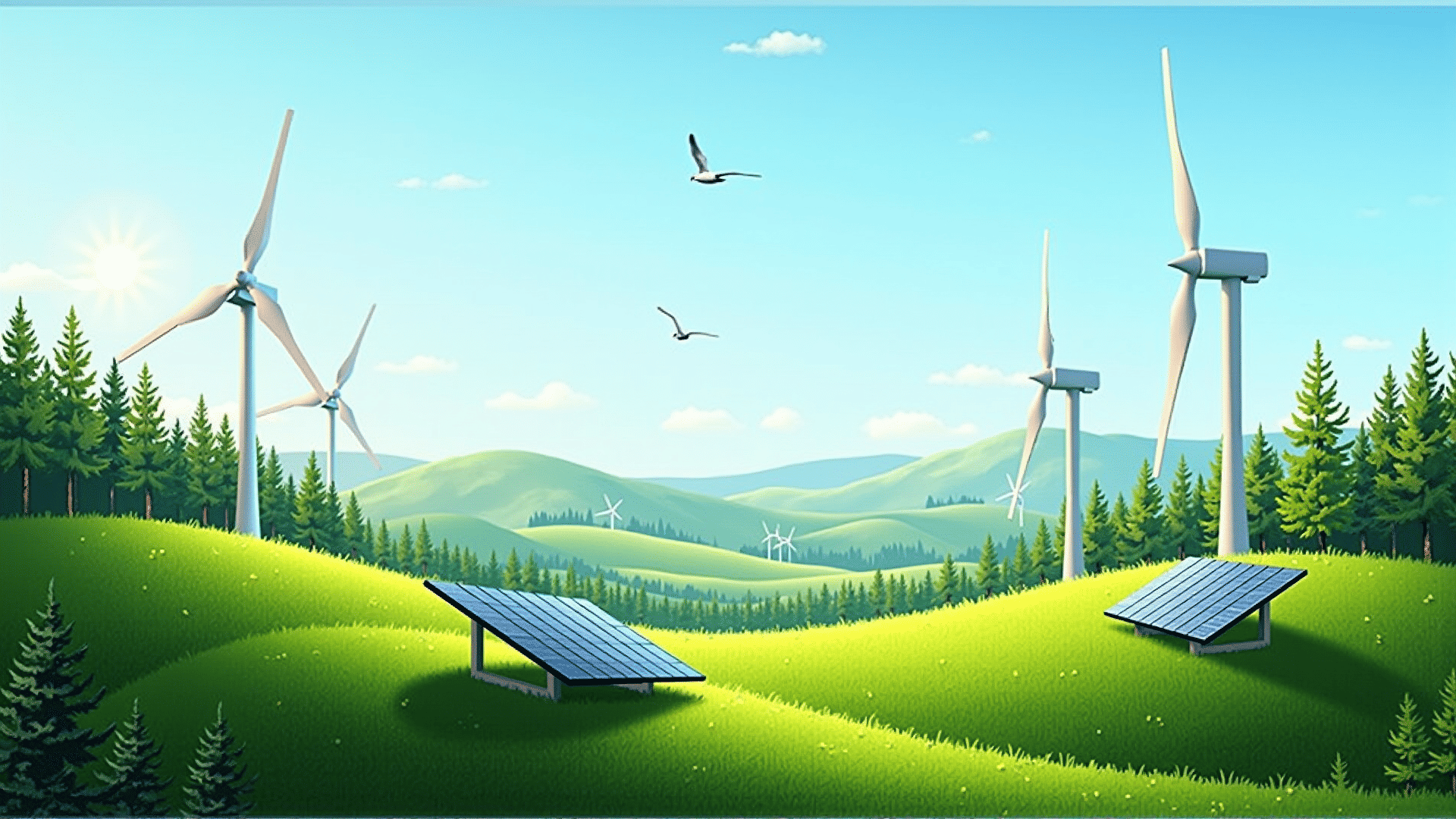Latvia, a small but vibrant nation nestled in the Baltic region, is making significant strides in the realm of green technology. With a deep-rooted commitment to environmental conservation and sustainable development, Latvia is positioning itself as a leader in the green tech revolution, showcasing a model that can inspire other countries.
One of Latvia's standout initiatives in green technology is its transition to renewable energy sources. The nation has made substantial investments in harnessing the power of its natural resources, such as wind, solar, and biomass energy. Latvia's government has set ambitious targets to increase the share of renewable energy in its energy mix, moving away from fossil fuels and significantly reducing its carbon footprint. By fostering public-private partnerships and supporting local green tech startups, Latvia has created a conducive environment for innovation and sustainable growth.
Another area where Latvia is making remarkable progress is in eco-friendly urban development. The capital city, Riga, serves as a prime example of this commitment. The city has implemented a comprehensive plan to make urban spaces greener, with initiatives such as expanding green areas, promoting electric public transportation, and encouraging sustainable building practices. Riga has invested in smart grid technology to optimize energy consumption and reduce waste, while integrating nature into the urban landscape to improve air quality and enhance the overall quality of life.
Latvia is also capitalizing on its vibrant tech industry to promote environmental conservation. Cutting-edge technologies, such as the Internet of Things (IoT) and artificial intelligence (AI), are being applied to develop smart solutions for waste management, water conservation, and sustainable agriculture. Tech companies in Latvia are pioneering solutions that monitor and control environmental factors in real-time, leading to more informed decision-making and efficient resource management.
Furthermore, Latvia's green tech initiatives extend to fostering environmental awareness and education. The country is investing in programs that educate citizens about the importance of sustainability and responsible consumption. Schools and universities have incorporated environmental studies into their curricula, preparing the next generation to carry forward the baton of green innovation.
Crucially, Latvia's commitment to green technology is supported by a robust policy framework. The government has enacted legislation to support sustainable practices, incentivizing companies to adopt green technologies and offering tax breaks for environmentally friendly business operations. A central element of this framework is the engagement of stakeholders at all levels – from policymakers and businesses to local communities – ensuring a collective effort in achieving Latvia's sustainability goals.
Latvia's achievements in green technology highlight the country's capacity to lead by example on a global stage. As the world faces mounting challenges related to climate change and resource depletion, Latvia's approach to sustainable innovation provides a blueprint for other nations aiming to balance economic development with environmental protection.
In conclusion, Latvia's green tech revolution is not just a local phenomenon; it is a beacon of hope and possibility for worldwide efforts to create a more sustainable future. By investing in renewable energy, embracing eco-friendly urban development, leveraging cutting-edge technology, and fostering a culture of sustainability, Latvia is proving that even small countries can make a big impact in the global fight against environmental degradation.
